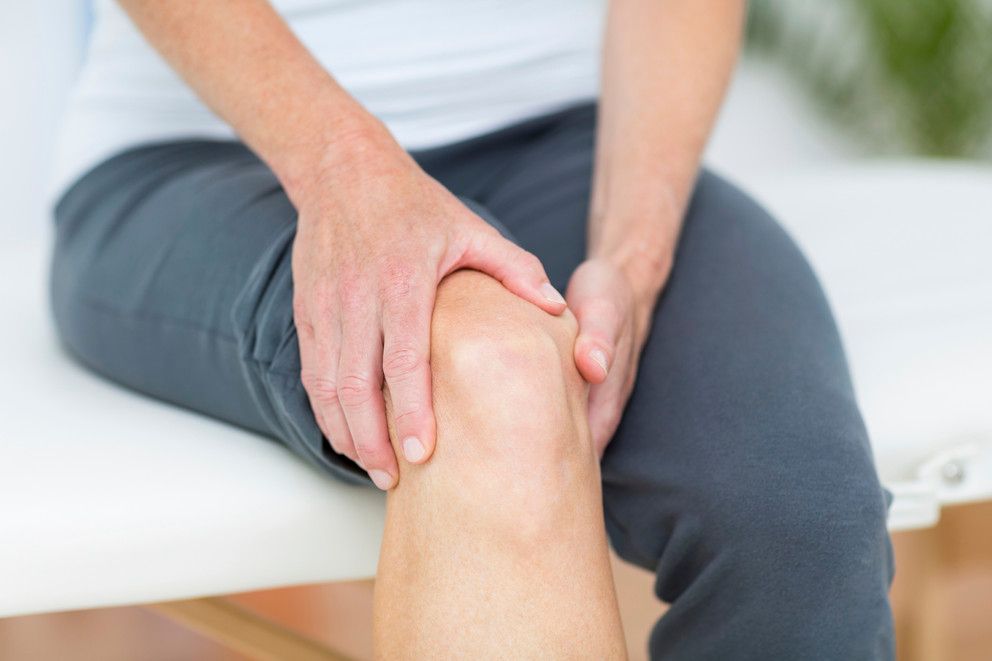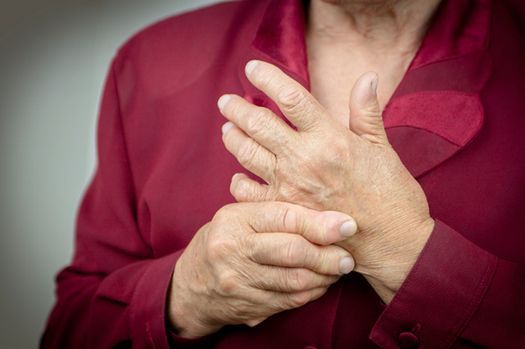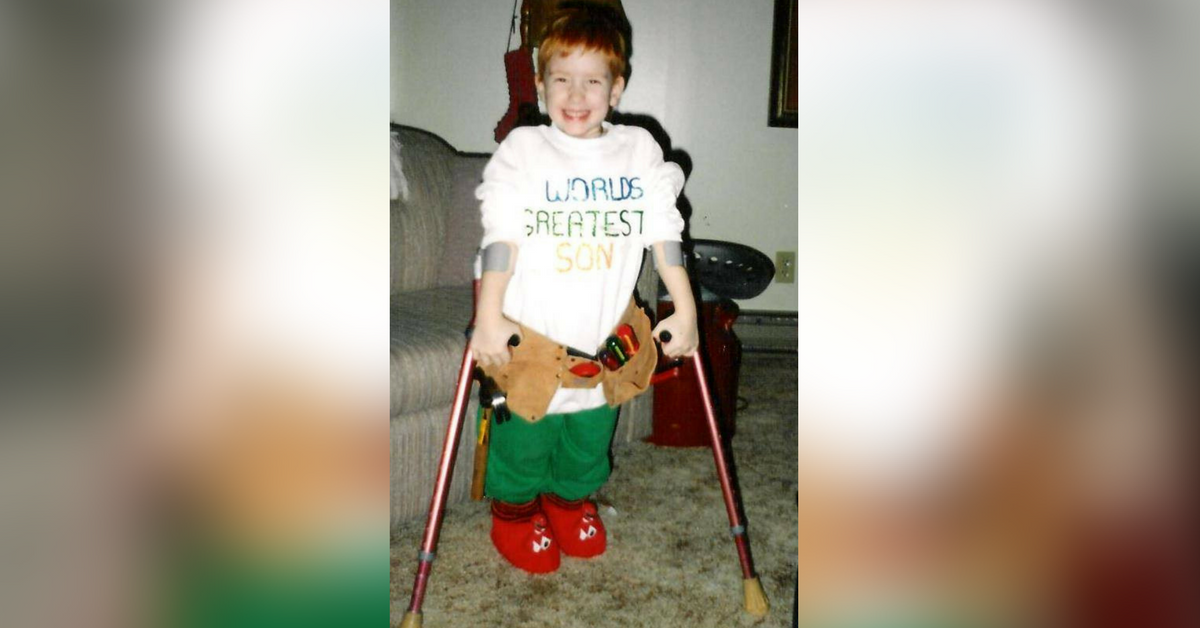For people dealing with arthritis, weather fluctuations can be a real issue. Many people feel as though they know when a storm is coming because they "can feel it in their bones," but how accurate is that in reality?
Is there any truth to the times that your grandma says that it's going to rain, or is it just an old wives' tale?
There is a lot of anecdotal evidence that this happens, but what does the science behind it actually say?
Robert Newlin Jamison, professor at Harvard Medical School and chief psychologist at the Pain Management Center in Brigham noticed all the consistencies in people's complaints, and decided to look into the scientific explanation behind it.
He surveyed people in San Diego, Nashville, Boston, and Worcester to see how the weather impacted their chronic pain and the results were pretty staggering.
"Two-thirds said they were pretty sure that weather seems to affect their pain," he said. "Most of them reported that they could actually feel the changes even before the weather changed. In other words, they could feel some increased pain the day before the storm comes."
But why? How do our bones know when the weather is changing if we don't even know? Well, the leading theory is that it has to do with the barometric pressure.

The thing that affects most people with chronic pain issues like arthritis is that when it's about to rain, the air pressure actually changes dramatically. When it does, the barometric pressure surrounding us can be too strong and will make our joints ache.
When the pressure is high, it prevents your muscle tissues from expanding, but right before a storm, the pressure drops drastically. This allows your tissues to expand, and this swelling will put a lot of pressure on your joints.
"It's very microscopic and we can hardly notice, except that we have these sensations," Jamison explained.
Doctors do warn that it's probably not worth it to move to a warmer climate just to enjoy better weather though, because these results aren't universally proven yet.
Rheumatologist Andrew Ruthberg said, "If people ask me about moving, I caution them to be very careful about disrupting their entire life based on the hope that moving to another climate will make them a whole lot better. I don't think there's a whole lot of difference in what would be called epidemiology when you look at the warmest, driest community in Arizona vs. a lakeside city in the Chicago area. I don't think we really know."
However, you could always visit first to see if there is a drastic difference. But there is in no way a guarantee that it would work.
Personally, I have definitely noticed a difference in my joints when a storm is coming. They have been a problem since I was young, but every time a big storm is heading my way I know it well in advance. So even though some studies say that it's not true, I can't help but believe that there is some accuracy to this theory!



